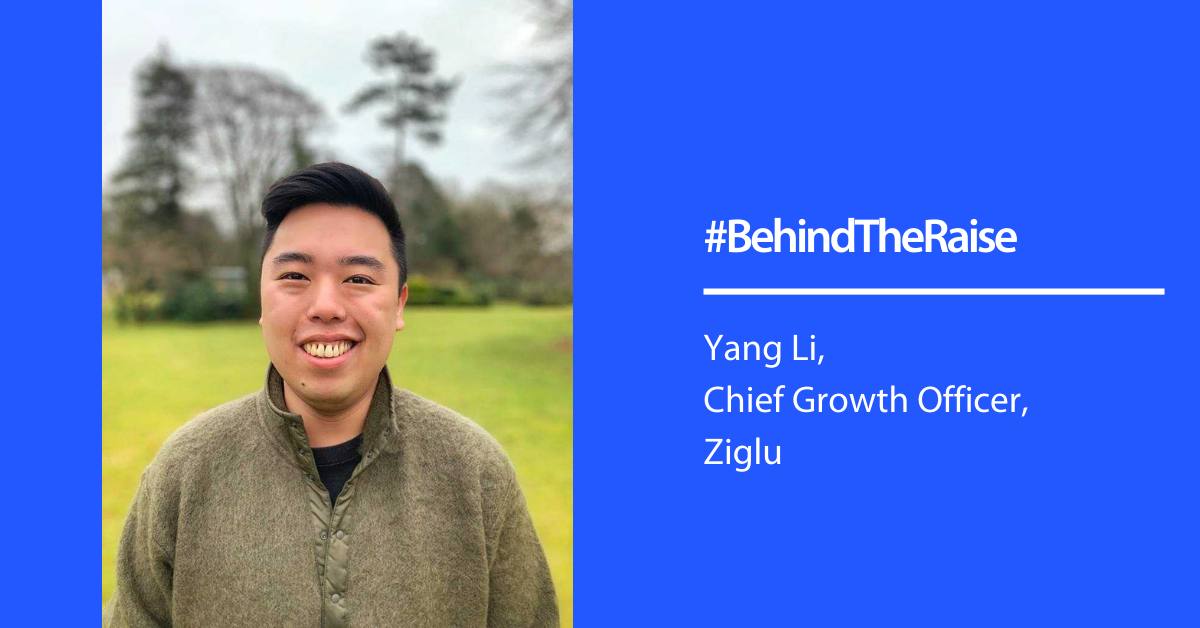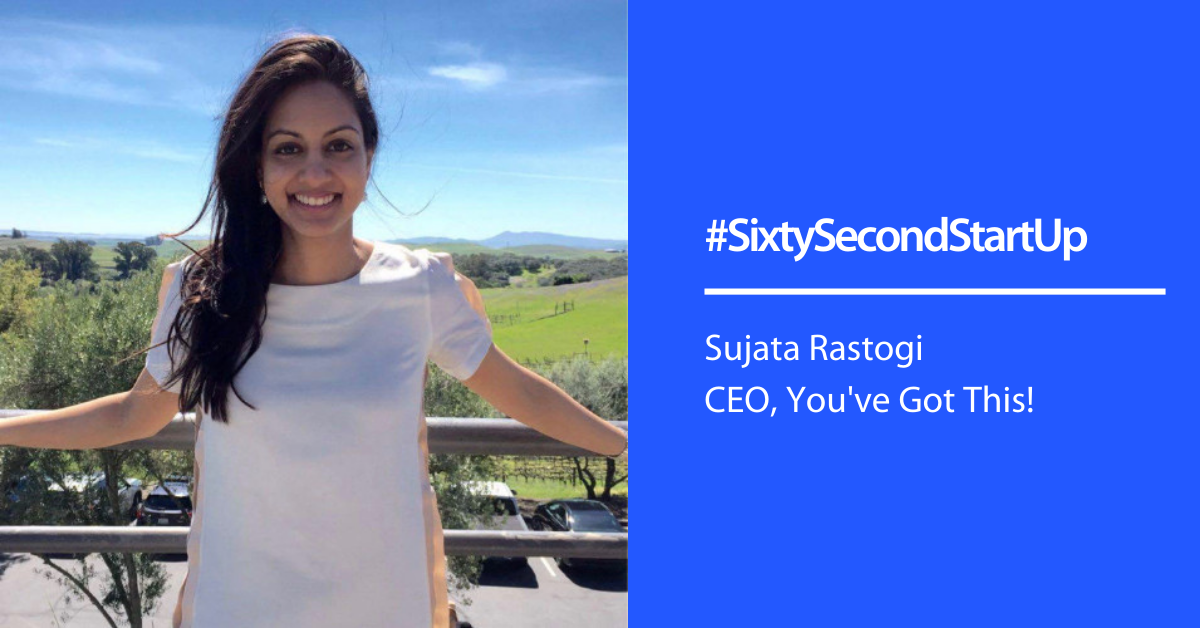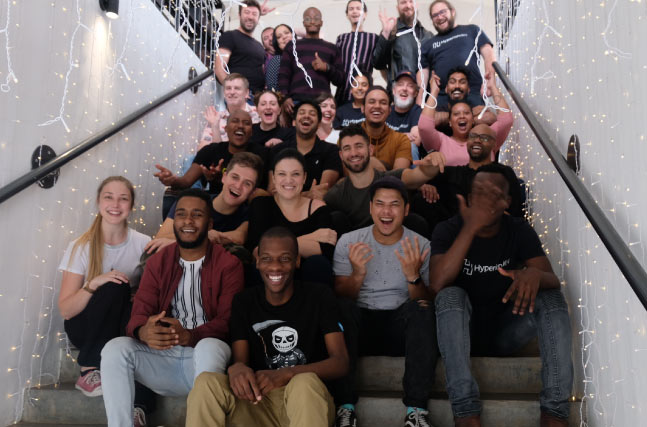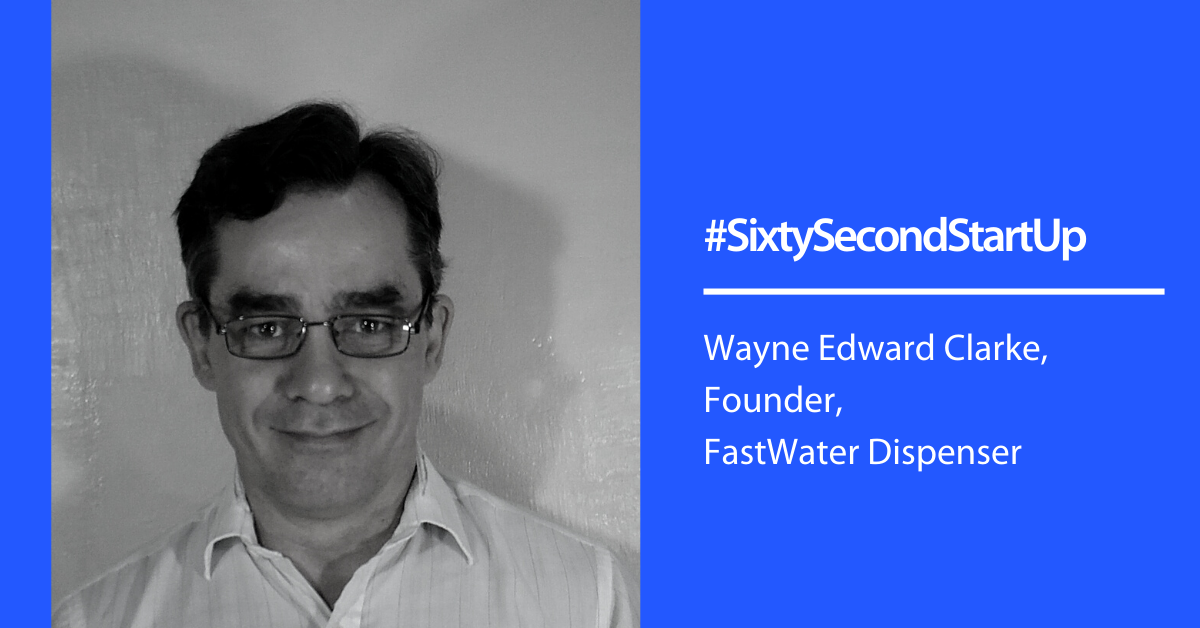Addition offer a suite of financial services, from bookkeeping to growth funding. Their CEO Graham Davies explains in the guest article below how start-ups can benefit from having a portfolio CFO working alongside them.

When it comes to multi-tasking, entrepreneurs take the crown. Wearing a plethora of hats is pretty much a given. Not all roles can be juggled, however. A jack of all trades is a master of none – which is why a growing number of startups are choosing to outsource certain company tasks.


















